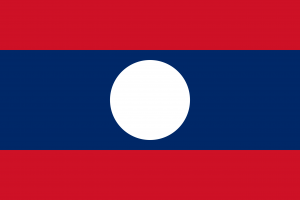Language/Lao/Grammar/Conditional-Mood
Hi Lao learners! 😊
In today's lesson, we will be discussing the conditional mood in Lao grammar. This is an important concept to understand if you want to be able to communicate effectively in Lao. We will look at how to form the conditional mood, as well as some examples of how it is used.
What is the Conditional Mood?
The conditional mood is a grammatical mood that expresses a hypothetical situation or condition. It is used to express a wish, a desire, or a possibility. In Lao, the conditional mood is formed by adding the particle ແມ່ (māe) to the end of a verb.
Examples of the Conditional Mood
Let's look at some examples of how the conditional mood is used in Lao.
Expressing a Wish
The conditional mood can be used to express a wish or desire. For example:
- ຂ້ອຍຕ້ອງການເຮັດແມ່ (Kǿi dtông gaan hèt māe) - I want to do it.
- ຂ້ອຍຕ້ອງການໄປແມ່ (Kǿi dtông gaan bpai māe) - I want to go.
Expressing Possibility
The conditional mood can also be used to express a possibility. For example:
- ມັນອາດເປັນແມ່ (Man aat bpen māe) - It might be.
- ພວກເຮົາອາດຈະໄປແມ່ (Phuak hǿa aat ja bpai māe) - We might go.
Conclusion
We have now looked at how to form the conditional mood in Lao, as well as some examples of how it is used. With this knowledge, you should be able to use the conditional mood correctly in your own Lao conversations.
If you have any questions, please ask them in the comments section below.
Feel free to edit this wiki page if you think it can be improved. 😎
Related Lessons
- Demonstrative Pronouns
- Adjectives
- How to Use Have
- How to Use Be
- Negation
- Questions
- Future Tense
- Give your Opinion
- Plurals
Sources

